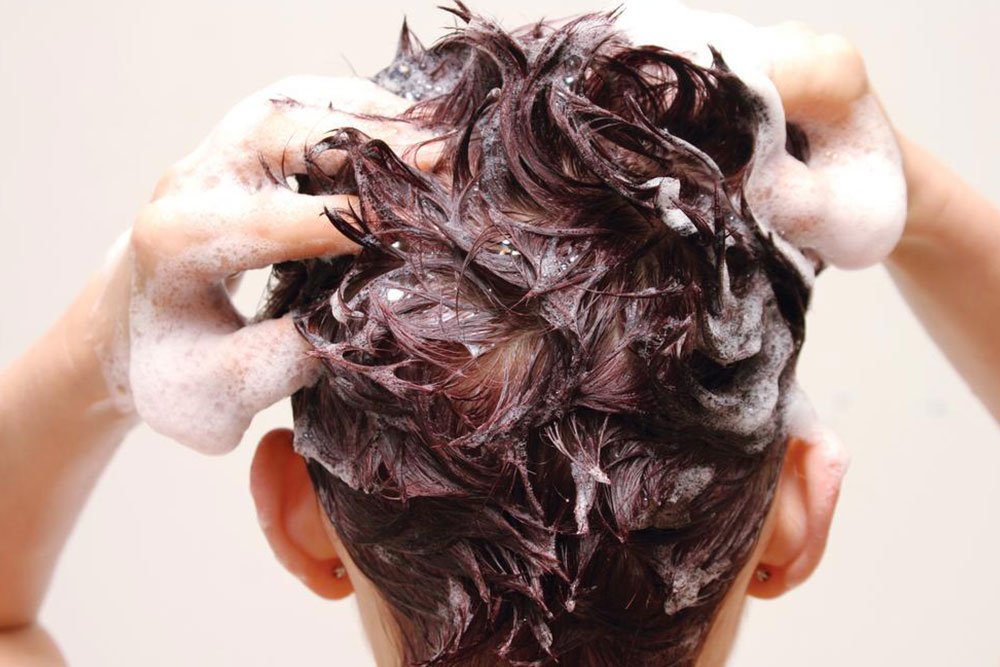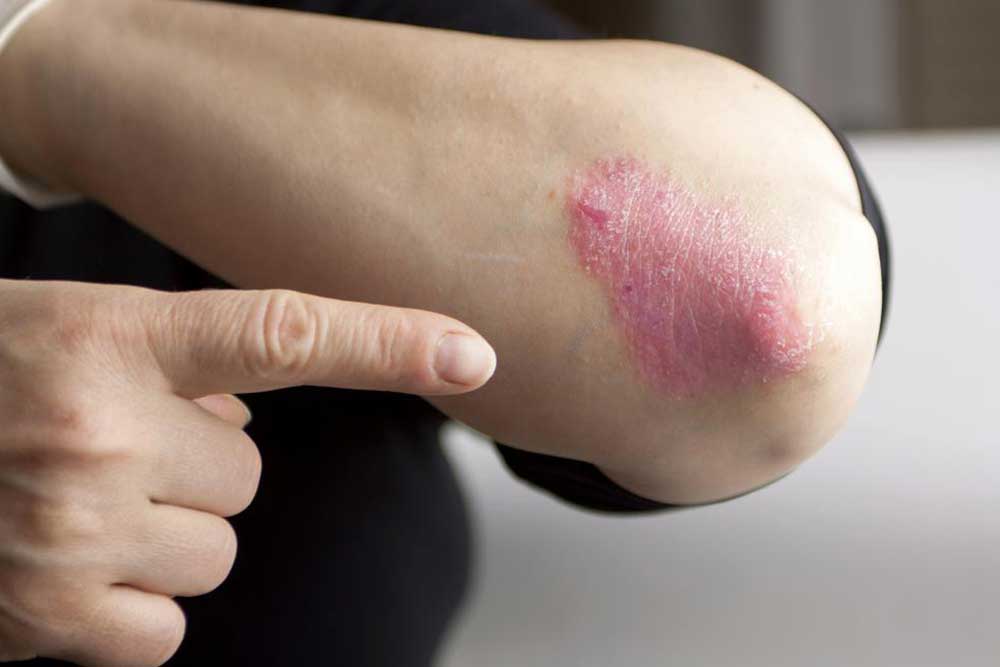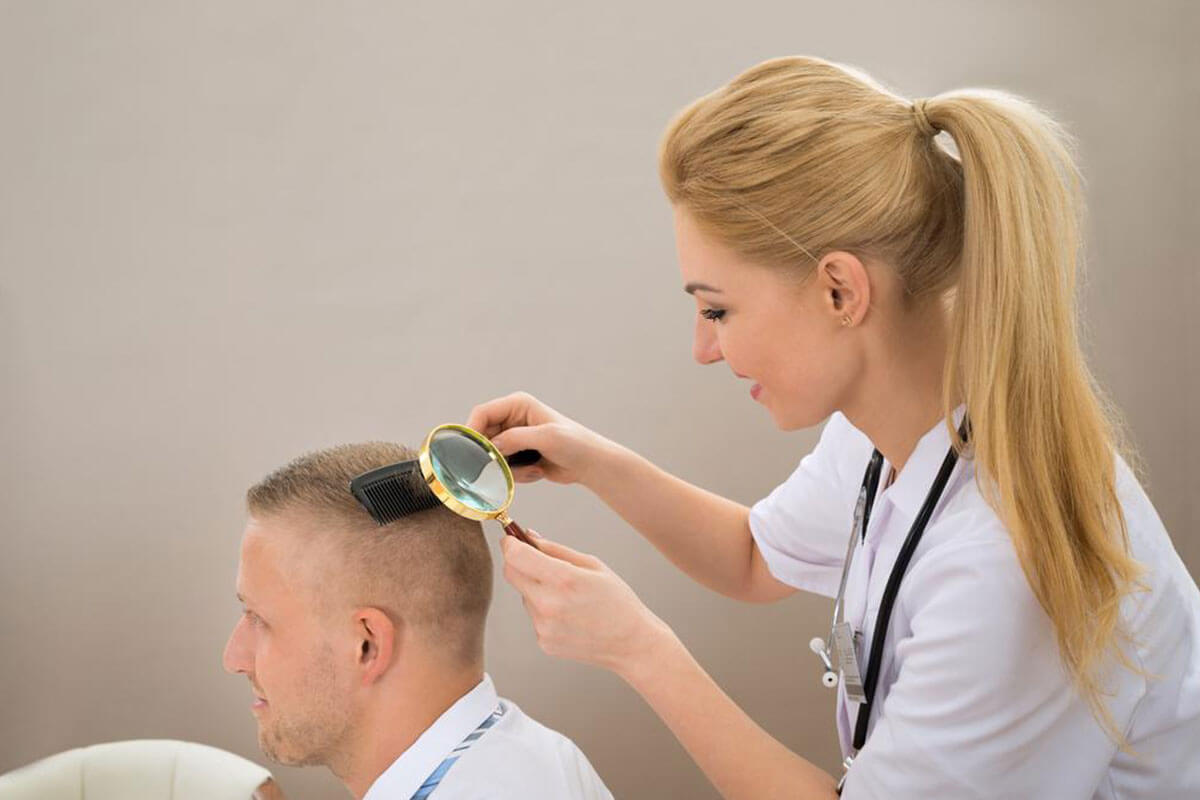Comprehensive Natural Strategies to Treat Seborrheic Dermatitis on the Scalp
Discover comprehensive natural strategies to effectively manage seborrheic dermatitis on the scalp. From boosting immunity and managing dandruff with natural remedies to adopting anti-inflammatory diets and choosing gentle hair care products, this detailed guide offers practical solutions to reduce inflammation, irritation, and flakiness. Experimenting with these holistic approaches can enhance scalp health sustainably, providing relief and preventing future flare-ups. Always consult a healthcare professional before initiating new treatments for personalized care. Embrace natural healing and enjoy a healthier scalp today.

Comprehensive Natural Strategies to Treat Seborrheic Dermatitis on the Scalp
Dealing with seborrheic dermatitis on the scalp can be an ongoing challenge, often requiring a multifaceted approach that combines medical treatments with natural remedies. This condition, characterized by flaky, oily patches, redness, and irritation, can significantly impact your confidence and comfort. While consulting a dermatologist is vital for an accurate diagnosis and personalized treatment plan, incorporating natural strategies into your routine can help manage symptoms effectively and promote overall scalp health.
Understanding the underlying causes and triggers of seborrheic dermatitis is crucial. Factors like hormonal imbalances, stress, weather changes, immune system weaknesses, and certain lifestyle choices can exacerbate the condition. Therefore, addressing these factors through lifestyle adjustments and natural remedies can make a significant difference in controlling flare-ups and improving scalp health over time.
Strengthen Your Immune System to Support Scalp Health
One of the foundational strategies for managing seborrheic dermatitis naturally is to boost your immune system. A robust immune response plays a key role in reducing inflammation and fighting off skin irritations. Achieving this involves maintaining an overall healthy lifestyle, which includes getting adequate sleep, engaging in regular physical activity, and managing stress levels.
Incorporating antioxidant-rich foods—such as berries, leafy greens, and nuts—can help fortify your immune defenses. Additionally, adequate sleep allows your body to repair and regenerate tissues, including your skin and scalp cells. Managing stress through mindfulness practices like meditation, yoga, or deep breathing exercises can decrease cortisol levels, which might otherwise trigger skin flare-ups. Avoiding smoking and excessive alcohol consumption further supports immune health, creating a more balanced environment for your scalp’s recovery.
Effective Dandruff Management with Natural Products
Dandruff is often a prominent symptom of seborrheic dermatitis, manifesting as visible flakes and scalp discomfort. To combat this issue, you can leverage a variety of over-the-counter remedies alongside natural treatments. Regularly using medicated anti-dandruff shampoos containing active ingredients like zinc pyrithione, ketoconazole, or selenium sulfide can provide quick relief.
Complement these with nourishing masks infused with essential oils recognized for their soothing and antimicrobial properties. Oils such as lavender, cedarwood, lemongrass, tea tree, and rosemary are excellent options for scalp health. For safe application, always dilute potent essential oils like tea tree with a carrier oil—such as coconut, jojoba, or argan oil—to prevent irritation and ensure gentle healing.
Routine scalp massages with these oils can stimulate circulation, reduce inflammation, and promote healing. Incorporating these practices into your weekly hair care regimen can decrease flakiness and soothe irritation, providing relief from dandruff symptoms naturally.
Adopt an Anti-Inflammatory Diet to Reduce Symptoms
Diet plays a vital role in managing seborrheic dermatitis. Since inflammation is often a key factor in flare-ups, an anti-inflammatory diet can help reduce symptoms and improve scalp condition. Focus on consuming fresh, whole foods that support your body’s natural healing processes.
Include plenty of colorful fruits and vegetables, particularly those rich in antioxidants like berries, spinach, and kale. Whole grains such as oats, brown rice, and quinoa provide fiber and help stabilize blood sugar levels. Incorporate healthy fats from sources like avocados, nuts, seeds, and fatty fish such as salmon and mackerel, which are high in omega-3 fatty acids—known for their potent anti-inflammatory properties.
Probiotics found in yogurt, kefir, and fermented foods like sauerkraut and kimchi can support gut health—another critical factor in reducing systemic inflammation. Herbal teas like chamomile, ginger, and turmeric can also contribute to lowering inflammation levels. On the other hand, limit processed foods, sugary snacks, fried items, and foods known to trigger allergies or sensitivities, as these can exacerbate scalp issues.
Prioritize Hydration for Flake-Free, Healthy Skin
Proper hydration is essential for maintaining the moisture balance of your skin and scalp. Dryness and dehydration can worsen flaking and irritation associated with seborrheic dermatitis. Aim to drink plenty of water throughout the day—ideally between 8-10 glasses—and incorporate hydrating beverages such as coconut water, herbal teas, and fresh homemade fruit juices.
Avoid dehydrating drinks like alcohol, caffeine, and sugary sodas, which can strip your skin of vital moisture. Incorporate hydrating foods such as cucumbers, watermelon, oranges, and strawberries into your diet. Using a humidifier in dry environments can also help maintain moisture levels in your scalp and skin, especially during winter months or in air-conditioned spaces.
Understanding the importance of hydration and making it a routine part of your daily life can significantly improve the moisture content of your scalp, reducing dryness, scaling, and discomfort caused by seborrheic dermatitis.
Choose Gentle, Organic Hair Care Products
The products you use on your hair and scalp can greatly influence your condition. Harsh chemical-laden shampoos, conditioners, and styling products containing parabens, sulfates, synthetic fragrances, and detergents may aggravate irritation and inflammation. Opt for organic, sulfate-free shampoos formulated specifically for sensitive skin or those that are free from harmful chemicals.
Look for natural ingredients that soothe and nourish, such as aloe vera, chamomile, tea tree oil, or oat extract. Avoid frequent use of styling products with alcohol or harsh chemicals, which can dry out your scalp and exacerbate flaky patches. Instead, choose mild, natural alternatives that promote scalp hydration and balance.
In addition to selecting the right products, practice gentle hair washing techniques—using lukewarm water and avoiding vigorous scrubbing—to minimize irritation. Regularly massaging your scalp during washing can improve blood flow and support natural healing processes.
By embracing organic hair care routines, you can reduce exposure to harmful chemicals and create a healthier environment for your scalp to recover and thrive.
It’s important to always consult a healthcare professional or dermatologist before trying any new home remedies or making significant changes to your treatment routine, especially if you have sensitive skin or allergies. Personalized advice ensures that the natural remedies you choose are safe and effective for your specific condition. With patience, consistency, and a holistic approach, managing seborrheic dermatitis naturally is achievable, leading to a healthier, less irritated scalp, and renewed confidence in your appearance.





